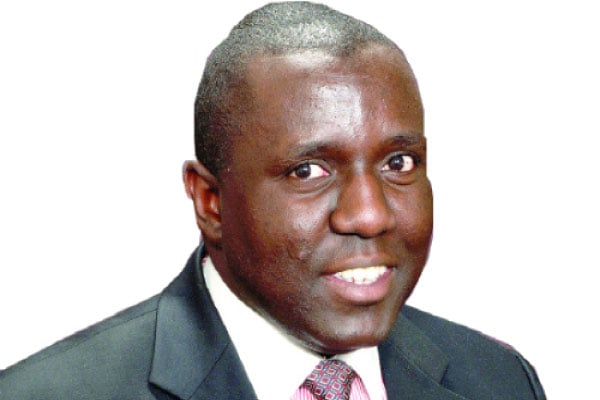Prime
Strikes exposing govt’s weak financial cushion

Author: Mr Karoli Ssemogerere is an Attorney-at-Law and an Advocate.
What you need to know:
‘‘Repetitive strikes are associated with dysfunctionality of government."
President Museveni and his government have been articulating a three pay strategy to handle the problem of low salaries, high staff turnover and low morale in the public service.
First, there have been targeted pay increases. In 2020, the government began implementing pay increments in the Judiciary, the third branch of government in-charge of administration of justice. Pay rise has boosted recruitment in the Judiciary and also allowed expansion of the establishment with a goal of setting up a Chief Magistrates Court in every district.
A new law has also provided an incentive for judges to retire early without losing their retirement benefits. Many judicial officers have spent their retirement years in agony and pain of sitting in fixed settings over long careers.
The sight of retired judges in wheelchairs and other aspects of physical discomfort is not a rarity. But this pay rise left out prosecutors, state attorneys, the donkeys that do nearly 80 percent of the work that comes before judicial officers for adjudication and resolution.
After the Covid pandemic, a national consensus speeded up enhancement of pay for medical workers. Government is struggling to honour its promises. At the start of the 11th Parliament’s term, the medical workers delivered an ultimatum to the former and now fallen Speaker Jacob Oulanyah promising to put down their tools if pay raises were not implemented. Medical workers are still on and off strike as they await full implementation of their pay raises.
The Covid pandemic closed another common avenue through which political appointees and specified officers escape the vagaries of a crumbling public health system to seek medical attention abroad. The Medical Board was of little utility even though a few still managed to travel abroad for treatment. During Covid, a few other gaps came to the surface.
The last Parliament was infamously stopped at the gates of the International Specialist Hospital in Lubowa by the former Permanent Secretary/Secretary to the Treasury as having no business inspecting the construction site.
Cranes similar to those that sat atop Communications House in Kampala for two decades continue to wave in the air as if work is being done. There is another dimension to the Lubowa hospital quandary, the promoters want certain waivers to administer a fully-fledged organ transplant unit.
Chronic illness rising globally has created a demand for human organs that can hardly be satisfied to mitigate the effects of organ failure; kidney disease, liver transplants being the most common.
In higher education, technical cadres are also reminding the government of broken promises to enhance their pay. In higher education there is another complaint that pay increases were skewed towards professors and associate professors who received the bulk of enhancements leaving other ranks that carry the burden of teaching at low or miserable pay. These ones too are promising industrial action.
The cartoonists are having a field day illustrating the pay disparity between science teachers and arts teachers. So is social media with photographs of Science teachers enjoying lavish servings of food while the Arts teachers are gasping for air.
Of course this targeted pay rise takes note of the much smaller universe of Science teachers and the pressure of higher enrollment and mandatory Science subjects are straining existing resources. Many Science teachers simply abandon the profession for an alternative universe unable to cope.
It is a tightly guarded secret that some of the pay enhancement for Science teachers is coming out of donor funds. This is masking the government’s own inability to manage to fully fund all pay increase promises it has made to debt.
In 2022/2023, domestic government revenue is stuck at Shs25 trillion, of which Shs6 trillion is allocated to payroll. About 90 percent of releases to local governments are also directed to payroll. If the government honored all the promises on the books, payroll would double to Shs12 trillion or half of domestic revenue, not to mention other aspects of payroll currently stylistically named: “human capital development”.
In his Budget speech, Finance Minister Matia Kasaija promised more frugality, agency cuts, reorganisation of government, less government travel and things which sound like music to the ears of a distressed economy, over-burdened taxpayers . However these programme cuts up to 40 percent across government can hardly manage the payroll problem. Repetitive strikes are associated with dysfunctionality of government. Greece, Italy, Brazil, Argentina have all been down this path before.
Mr Ssemogerere is an Attorney-At-Law and an Advocate. [email protected]




